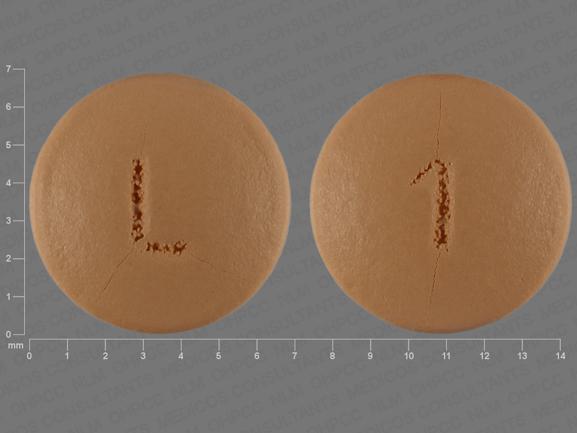Trospium Disease Interactions
There are 6 disease interactions with trospium.
- Gastrointestinal retention
- Narrow angle glaucoma
- Urinary retention
- Alcoholism
- Hepatic impairment
- Renal impairment
Trospium (applies to trospium) gastrointestinal retention
Major Potential Hazard, Moderate plausibility. Applicable conditions: Gastrointestinal Obstruction, Ulcerative Colitis, Myasthenia Gravis
The use of trospium is contraindicated in patients with gastric retention. Trospium reduces the tonus of smooth muscle and may decrease gastrointestinal motility, hence it should be used with caution in patients with conditions such as ulcerative colitis, intestinal atony and myasthenia gravis. Caution should be exercised when using this drug in patients with gastrointestinal obstructive disorders as it increases the risk of gastric retention.
Trospium (applies to trospium) narrow angle glaucoma
Major Potential Hazard, Moderate plausibility. Applicable conditions: Glaucoma (Narrow Angle)
The use of trospium is contraindicated in patients with uncontrolled narrow-angle glaucoma. In those patients being treated for narrow-angle glaucoma, trospium should only be used if the potential benefits outweigh the risks and in that circumstance only with careful monitoring.
Trospium (applies to trospium) urinary retention
Major Potential Hazard, Moderate plausibility.
Use of trospium is contraindicated in patients with urinary retention. Administer trospium with caution in patients with clinically significant bladder outflow obstruction because of the risk of urinary retention.
Trospium (applies to trospium) alcoholism
Moderate Potential Hazard, Moderate plausibility.
The use of alcohol may enhance the drowsiness caused by anticholinergic agents. It is recommended that alcohol should not be consumed within 2 hours of trospium administration. Caution should be exercised when using this agent in alcoholic patients.
Trospium (applies to trospium) hepatic impairment
Moderate Potential Hazard, Moderate plausibility. Applicable conditions: Liver Disease
Caution is advised when administering trospium to patients with moderate to severe hepatic impairment. There is no information regarding the effect of severe hepatic impairment on exposure to trospium.
Trospium (applies to trospium) renal impairment
Moderate Potential Hazard, Moderate plausibility. Applicable conditions: Renal Dysfunction
Trospium is known to be substantially excreted by the kidney, and the risk of adverse reactions may be greater in patients with impaired renal function. A reduced dose is recommended in patients with severe renal impairment (CrCl less than 30 mL/minute). The pharmacokinetics of trospium have not been studied in patients with CrCl 30 to 80 mL/min.
Switch to professional interaction data
Trospium drug interactions
There are 318 drug interactions with trospium.
Trospium alcohol/food interactions
There are 2 alcohol/food interactions with trospium.
More about trospium
- trospium consumer information
- Check interactions
- Compare alternatives
- Pricing & coupons
- Reviews (68)
- Drug images
- Side effects
- Dosage information
- During pregnancy
- Drug class: urinary antispasmodics
- En español
Related treatment guides
Drug Interaction Classification
| Highly clinically significant. Avoid combinations; the risk of the interaction outweighs the benefit. | |
| Moderately clinically significant. Usually avoid combinations; use it only under special circumstances. | |
| Minimally clinically significant. Minimize risk; assess risk and consider an alternative drug, take steps to circumvent the interaction risk and/or institute a monitoring plan. | |
| No interaction information available. |
See also:
Further information
Always consult your healthcare provider to ensure the information displayed on this page applies to your personal circumstances.


